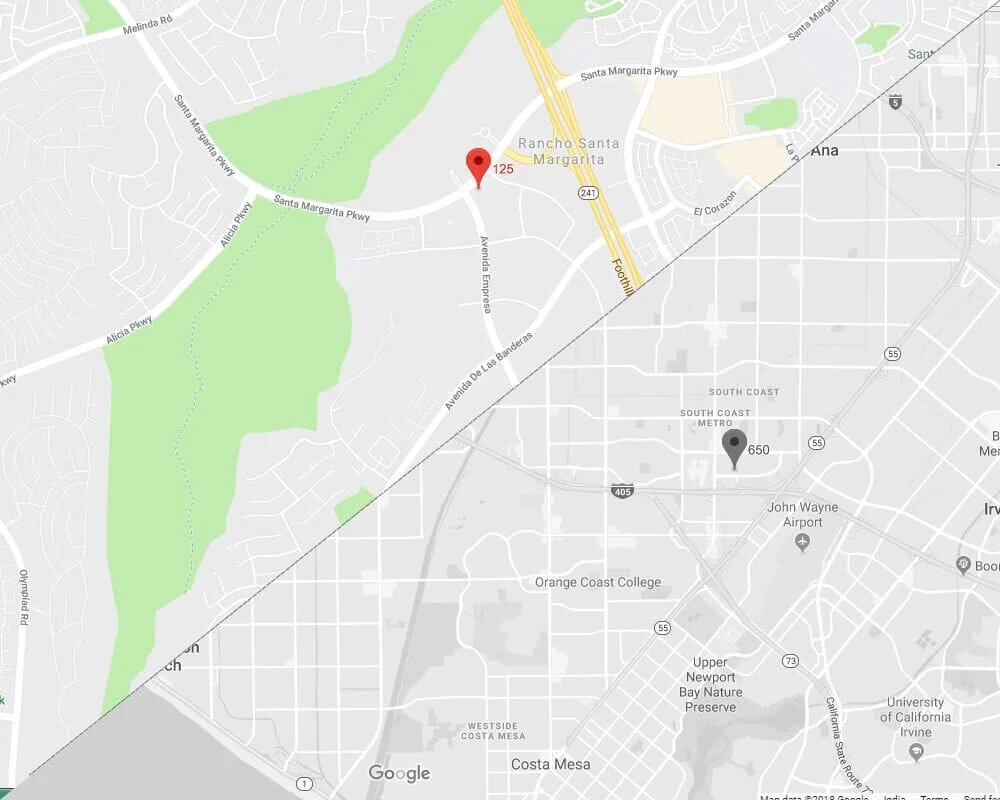
“Public Charge” Changes Worry Immigrants
Many immigrants who are living in California are concerned about the potential impacts of the latest announcement from the Trump administration on immigration policy. While the administration has defended previous harsh regulations in the interests of promoting legal entry to the country, this change affects legal immigrants who are seeking to adjust their status and become permanent residents or obtain a new visa status. On August 12, the administration made it easier to reject green card applications by vastly expanding the definition of what is considered a “public charge”.
Public charge regulations allow immigrants’ applications for green cards or new visas to be turned down if the government believes that they will be dependent on government benefits. This is shown by referencing past access to benefits programs. Historically, public charge has been understood as applying to cash benefits only, such as Temporary Aid to Needy Families or Supplemental Security Income. In the administration’s announced regulation, however, the definition of public charge is expanded to include food stamps, many forms of Medicaid and Section 8-style housing vouchers. According to the administration, it could affect almost 400,000 people seeking to become permanent residents. Advocates warn that the administration’s estimates are deceptively low and that the change could affect millions of people.
They have also warned that this policy could be severely dangerous for the most vulnerable people in the population. Families may be more likely to become homeless or avoid signing up for government-sponsored child health programs in order to protect their immigration status.
For many people who want to become permanent residents and get their green cards, the immigration regulations can be complex and challenging. An immigration law attorney can help people to navigate the system and protect their rights.
Learn More About What We Can Do To Help
We invite you to call us at 949-459-5900 to schedule your free initial consultation. You can also reach our firm by contacting us online.
Tell Us About Your Case
Each time we take a case, we look at the big picture: What can we do to best help solve the problem as efficiently as possible. We use our experience and creativity to propose solutions that allow you to put your legal matters behind you.
© 2025 Brown & Stedman LLP. All rights reserved.
